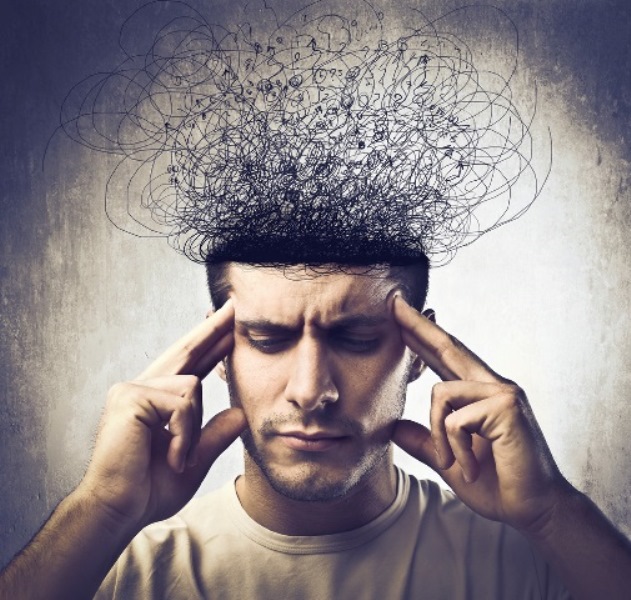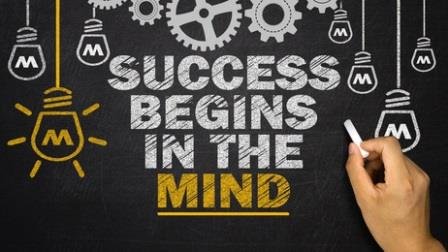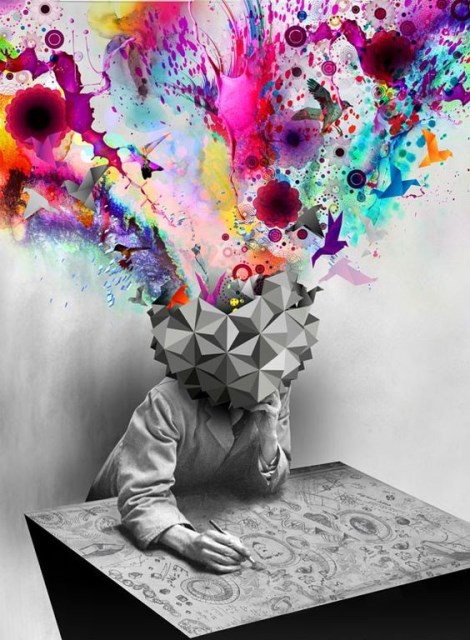Confidence - Is your gut right, or is it misleading you

The human brain, despite all the technological advances associated with the medical sciences, is still an enigma.
It is the most complex organ of the human body and responsible for all voluntary and involuntary activities, it is only between 0.8 and 2% of body weight, but consumes about 20% of the energy resources of the total spent by the body, it seems to be a perfect and infallible system, but actually takes shortcuts, it focuses its attention on what it considers important, leaving out the rest of what it perceives.
The latest advances and studies in the field of psychology and neurology suggest that the brain often deceives us in various ways.
In this article we can see the three stages that exist and are categorized in the self-deception of which we are victims by one of our most important organs:
- Deceit of Perception
- memory (fake or distorted memories over time)
- of cognition (our emotional state conditions our reasonings).
We will place special emphasis on the personal confidence that influences our behavior in the face of everyday problems and in relation to others. It encompasses all the previous categories because the cerebral functioning is not in sections but in a variety of manifestations that are connected and intertwined Integral way.
The brain builds reality, what happens is that often this subjective reality is not at all a reflection of what happens on the outside, the brain deceives us, sometimes for errors and sometimes for our good because it is adaptive, many people They use these subjective fallacies in their favor, for example, publicists, or deceit to memory as diviners, and deceptions to perception with optical illusions or magicians.

Deceit of Perception
We perceive the world around us through the senses. They all pass on the information they receive to the brain, which is responsible for interpreting it "in its own way," although it does not always faithfully correspond to reality.
For most people, the view is the most important. And yet it is the one that lends itself most to deception. In fact, the quality of the images that are formed in the retina is not very good. But the brain is in charge of making the necessary corrections so that we can see with sufficient clarity.
Precisely in making these corrections can introduce elements that do not exist in reality, say "is over ready." For example, you can complete the information that comes to you by adding shapes that do not exist, such as when you look at Kanizsa's triangle, a well-known optical illusion.
This is due to the limitations in the number of neurons and neural connections that underlie the neural and mental processes.
Some personality tests, such as that of Rochard, are based on interpreting a series of pictures in which "spots" appear similar to the figure below. What each one sees in the different pictures gives an idea of how we are if interpreted by an expert.
To be clearer we can say with scientific support that only seven seconds elapse since the brain makes an unconscious decision until the moment we are aware of having taken it.
A study by John-Dylan Haynes of the Center for Computational Neuroscience Bernstein of Switzerland proves this, to prove it they proposed to several individuals a situation, they could say yes by pressing a red button to his left or could say no pressing a blue button to his right by means of scanners and monitoring their brain activity, they discovered that they were able to predict a decision seven seconds before the person was aware of it.
That time of response to what the unconscious brain does and what we are able to do gives the possibility of being deceived the senses.
This helps us to understand the first section about the deceptions of perception.
Memory Deceptions
According to Maria Konnikova in her article for the New Yorker "You Have No Idea What Happened" all the memories are related to emotions and necessarily pass and are stored in the hippocampus which is a very important part of the brain resembling a small sea horse.
In Alzheimer's disease, the hippocampus is one of the first regions of the brain to suffer damage. Problems of memory and disorientation are among the first symptoms. Damage to the hippocampus may also come from oxygen deficiency inflammation of the brain or temporal lobe epilepsy.
People who have suffered extensive damage to the hippocampus may experience an inability to acquire or retain new memories.
As the memories are very related to the feelings, it is to notice according to the example of Konnikova as the people forgot what they were doing at the moment of seeing on television as the Challenger exploded.
Memory is one of the greatest sources of deception, the brain invents some things. For example, if you try to remember when you showered today, you see yourself in the shower from the outside, even if you have not seen it.
What you have seen are your hands and some parts, but not you from outside. There are many facts like this. In situations of stress, you can come up with false memories. The memory is very fallacious.
Deceit of cognition
It is scientifically called cognitive bias that these cognitive distortions originate in childhood when we had to use them to overcome emotional situations.
They have been recorded in our subconscious and, without realizing it, we continue to use them when we are adults. This is why they are more common in people who are insecure, with low self-esteem or those who suffer from depression.
The most common cognitive distortions are:
• Overgeneralization: Consists of thinking that if something has happened once, it will happen many more times. Usually we accompany words like "nobody", "never", "always", "never", "all" or "none".
• All-Nothing Thought: Only two options are considered at the opposite ends without taking into account the intermediate solutions that always occur in our life.
• Biased thoughts: We only look at facts that confirm our thinking. If we think that we are worth nothing and spotted drinking coffee, we will see it as a confirmation of this fact and not as a fortuitous distraction.
This category is the one that is more associated to the trust, that is to say in approaching previous knowledge or experience to what can happen if we do some action.
An example would be the handling of a bicycle, when we have not had previous experience in that we feel afraid to try to drive it the first few times, this feeling of insecurity and fear causes us to fall several times to the ground before having enough experience and confidence to drive in it without great stumbling.
